Most of the world knows Richard Noble as the gung-ho Englishman who drove his jet-powered land speed record car, Thrust 2, to a new record of 633mph on Nevada’s Black Rock Desert back in 1983, becoming the fastest man on earth for the next 14 years.
Many also know he was one of the kingpins of Thrust 2’s successor, Thrust SSC, driven by Andy Green to a new supersonic record of 763mph in 1997. And that more recently Noble and his team pressed on with a third jet-rocket-powered project, Bloodhound, that has so far run promisingly on a purpose-built track in South Africa but struck what looks like terminal trouble with financial backing.
What most won’t know, however, is that over an education-packed lifetime, Noble has instigated a grand total of 11 projects to set records or press British technology forward. As a result, he has a long history of discovering platoons of richly talented British technical experts – most of whom have been proud to help him – but also of running up against British financial backers who could have helped, and might have benefited from doing so, but were too cowed to gamble.
Now Noble has written an extraordinary book entitled Take Risk! (published by Evro), ostensibly to recognise and celebrate the many people who have helped him through a unique career but also to encourage others – principally the British-based organisations and individuals who might assist promising projects but, inexplicably, sometimes seem happier to see them fail.
“We’ve got to change the country,” declares Noble, no more than a minute into a conversation I thought was going to centre on his successes. “There can be no achievement without risk, and the people in a position to help have to realise it. To innovate, you’ve got to think laterally. Far too many of Britain’s structures – certainly the armed forces and even our so-called venture capitalists – are far too hierarchical to get things done.”
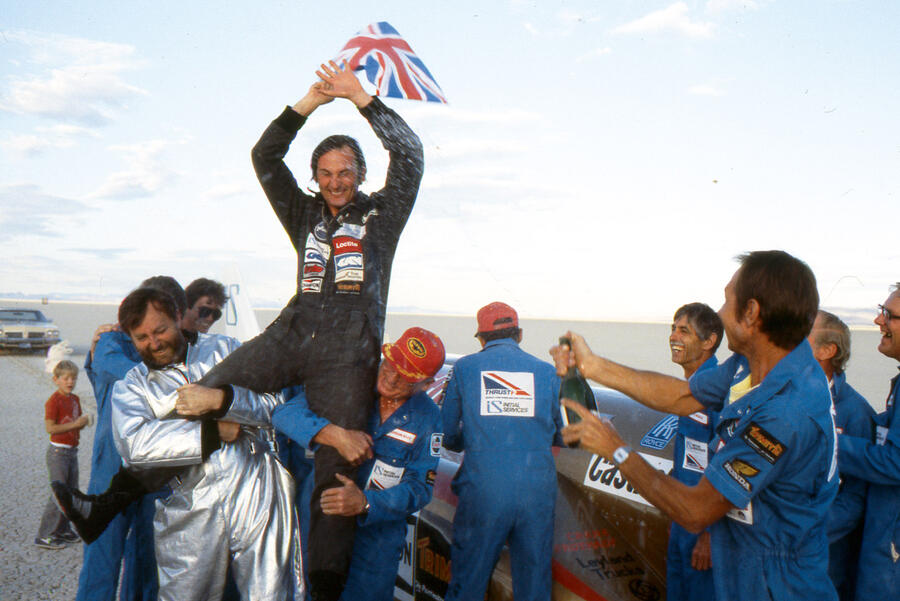
Raised in the 1950s, when Britain had just won the war and was “ablaze with new technology”, intensely patriotic Noble is full of disappointment that we’ve become so timid and careful. “It’s something the Americans say about us, and it really annoys me, given our proud history,” he says.

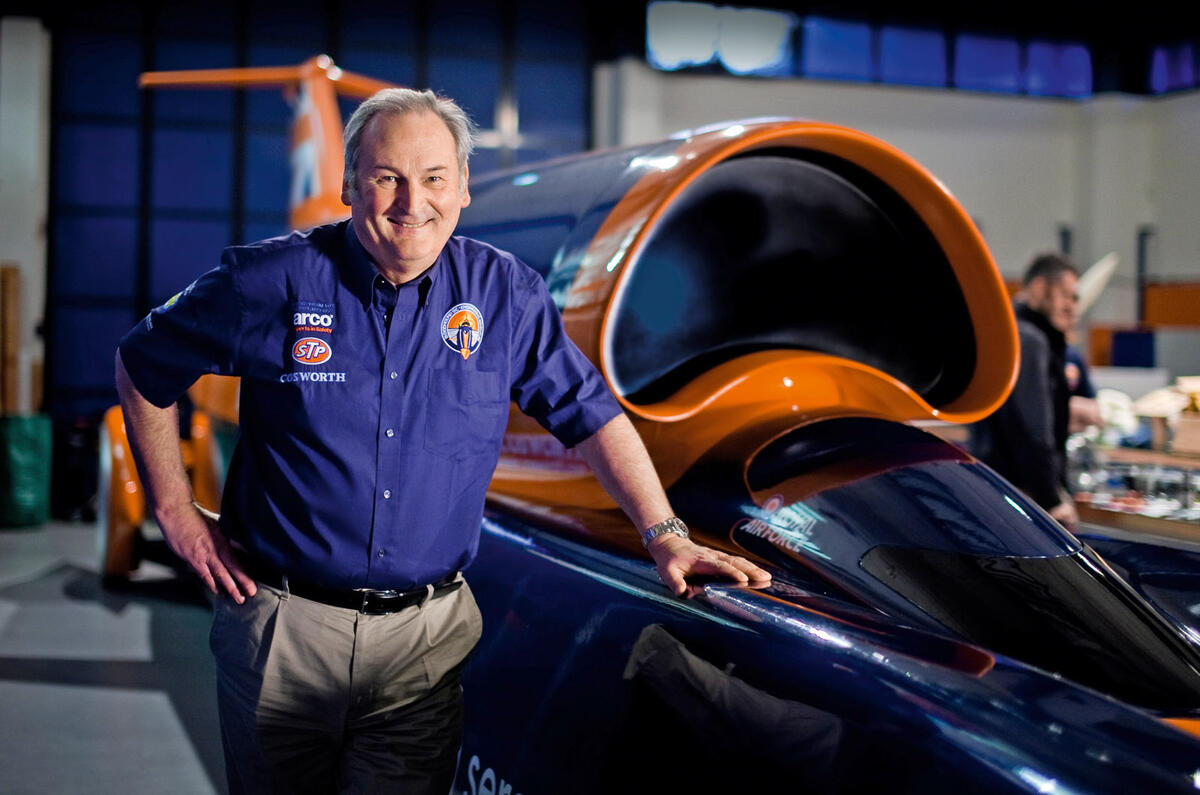
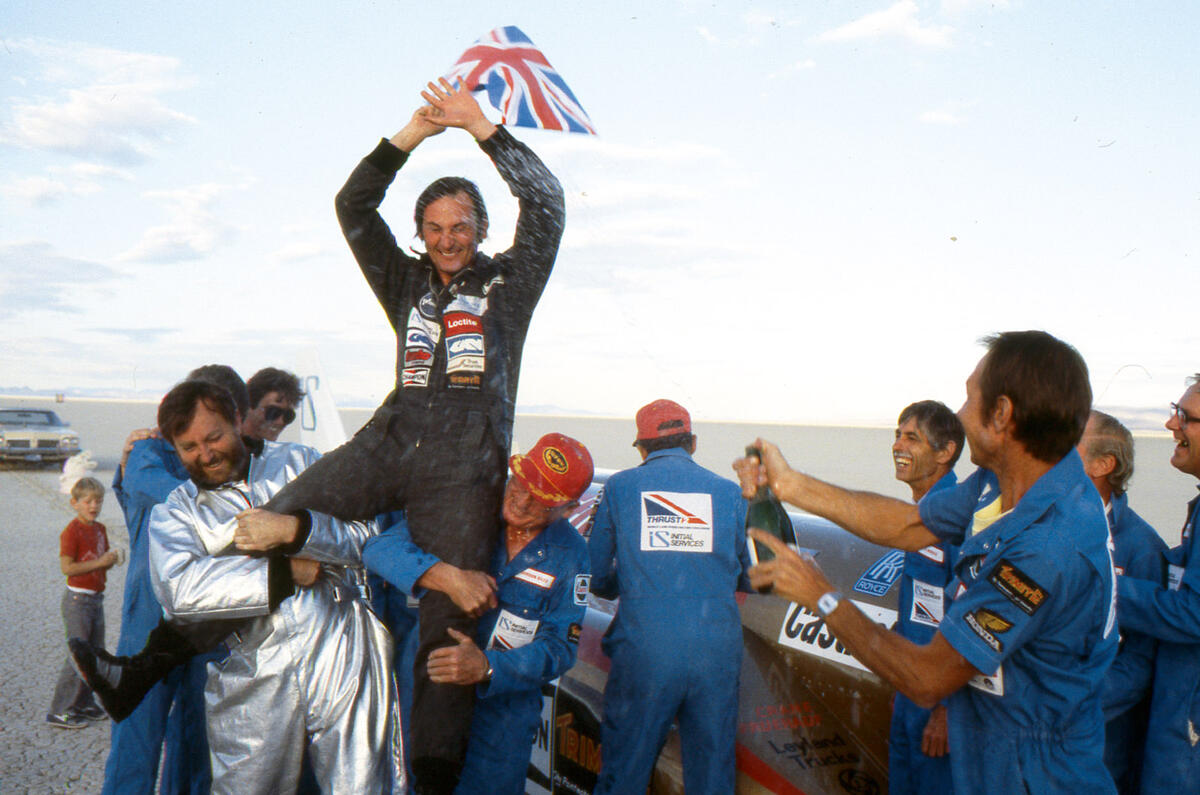

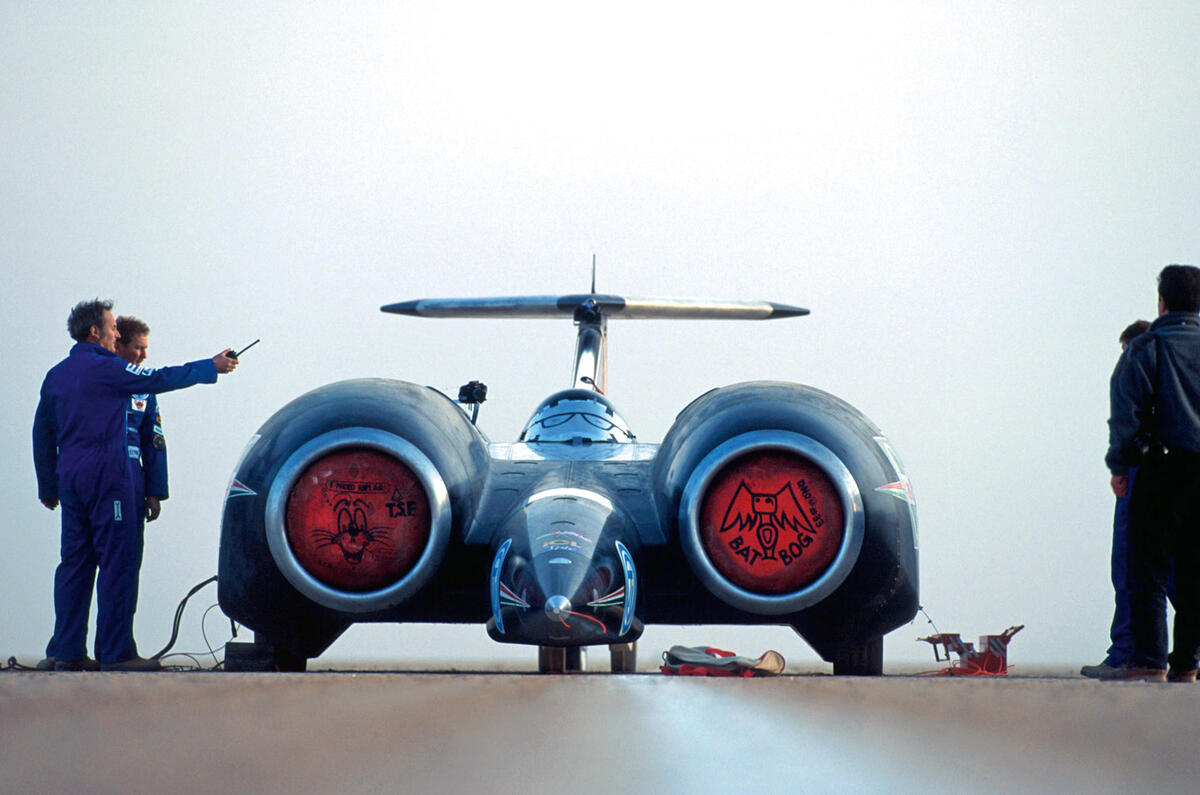
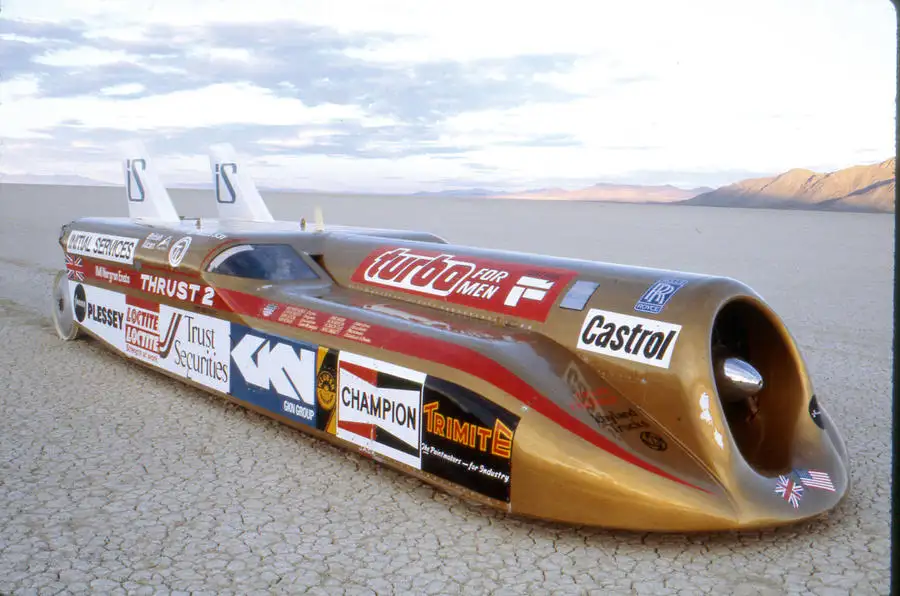
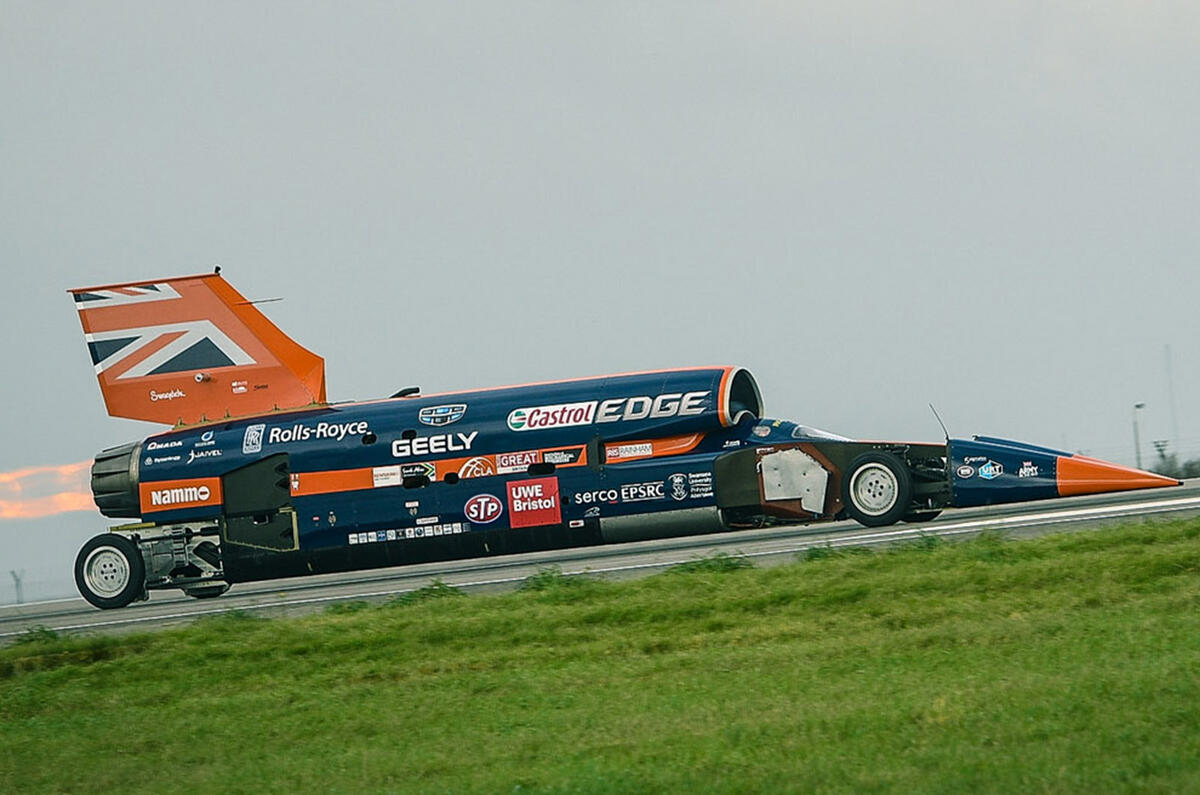
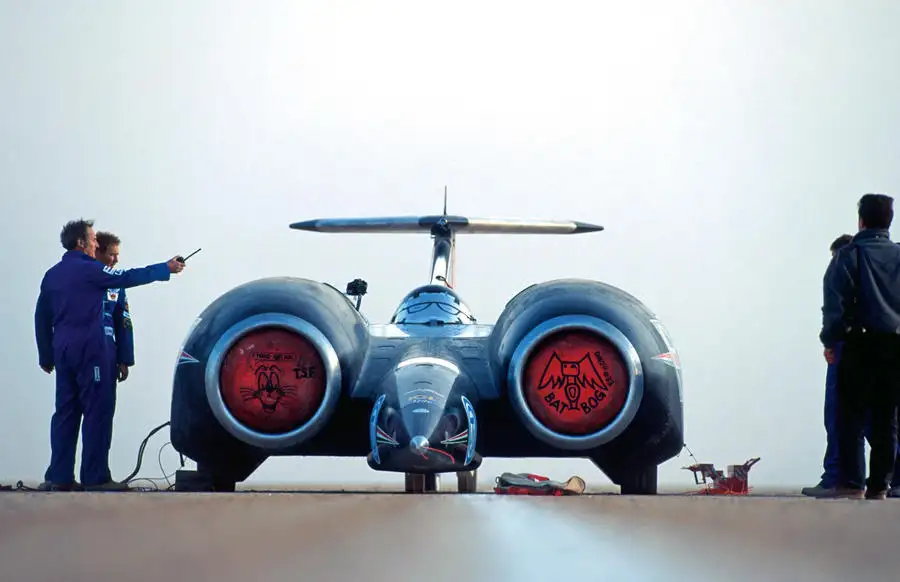

Add your comment